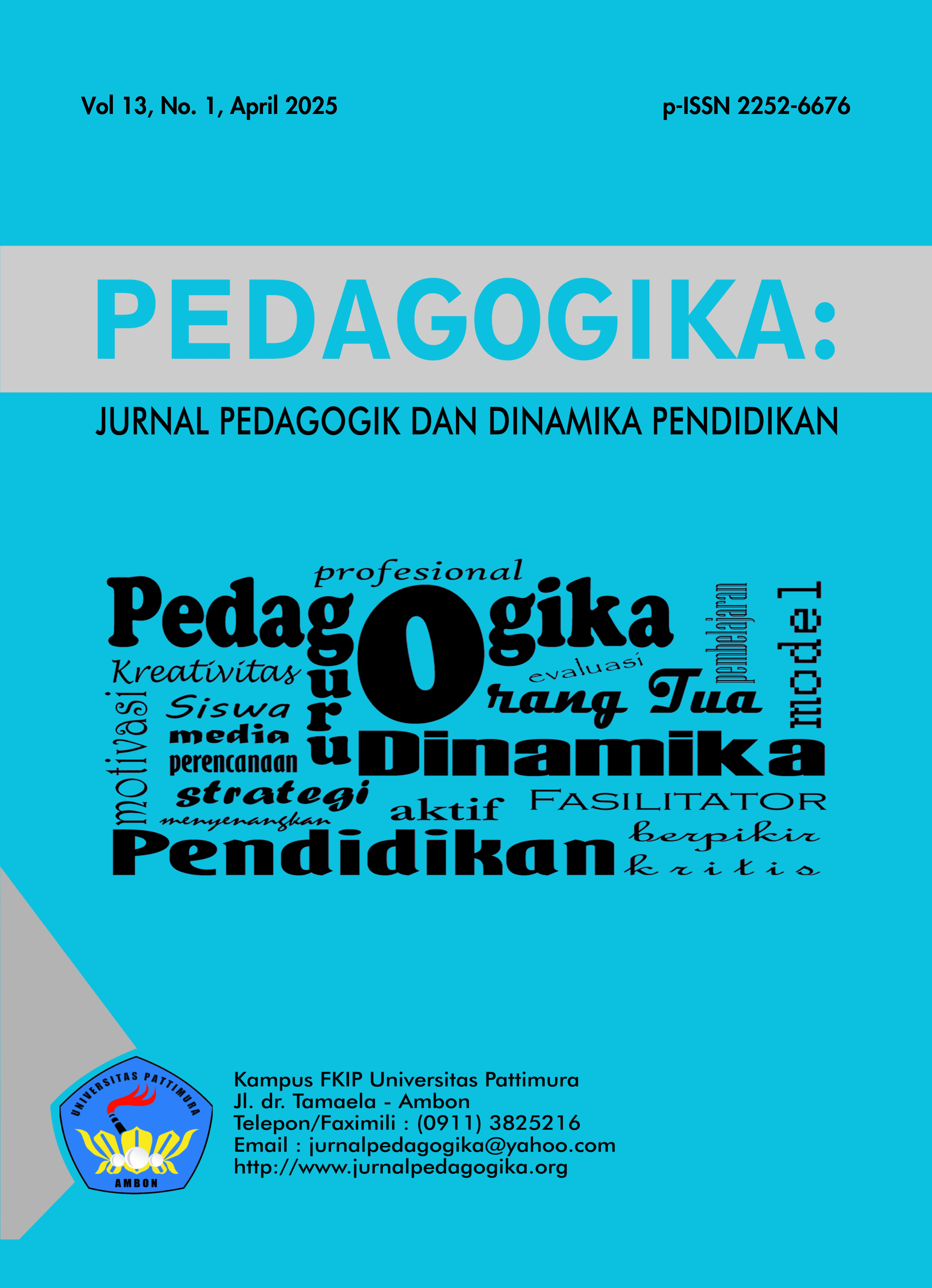REASONS WHY STUDENTS PREFER TO SIT IN THE BACK ROW OF THE CLASS
Abstract
This study examines the factors influencing students' seating preferences in the classroom and their impact on academic performance. Through qualitative methods using semi-structured interviews involving 20 students from the PGSD program at Nias University, it was found that seating preferences are influenced by various factors, such as interest in the subject matter, level of comfort, and fear of being called on by the instructor. The interview results indicate that the majority of students prefer to sit in the back row for reasons of comfort, to avoid direct interaction with the instructor, or due to established habits. However, some students feel more focused when seated in the back. This study emphasizes that seating position can affect students' interactions with instructors and peers, as well as their concentration during learning. Therefore, optimal seating arrangements can contribute to enhancing the effectiveness of classroom learning.
Downloads
Copyright (c) 2025 PEDAGOGIKA: Jurnal Pedagogik dan Dinamika Pendidikan

This work is licensed under a Creative Commons Attribution-NonCommercial-ShareAlike 4.0 International License.









 This work is licensed under
This work is licensed under 